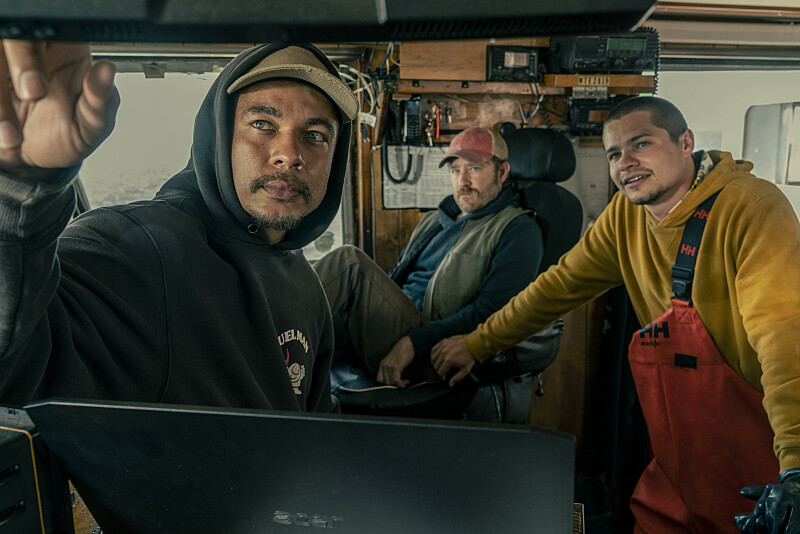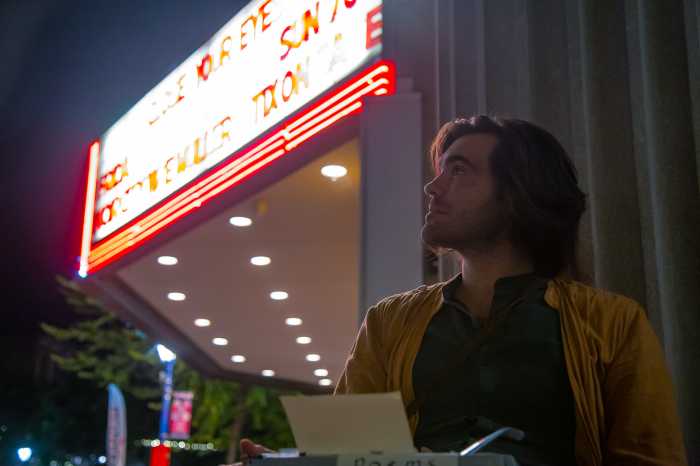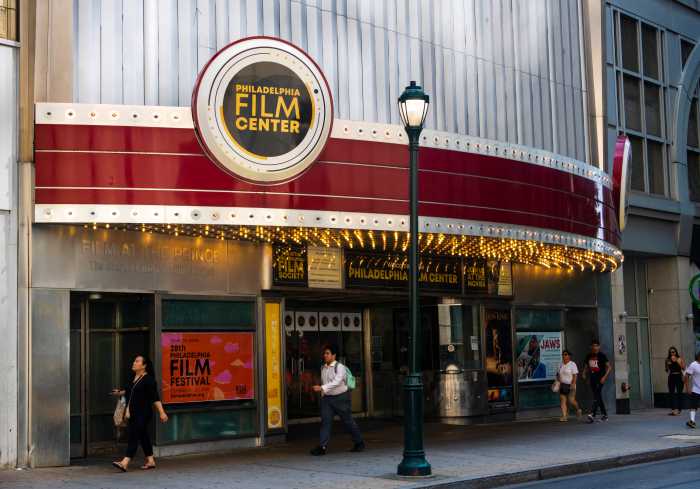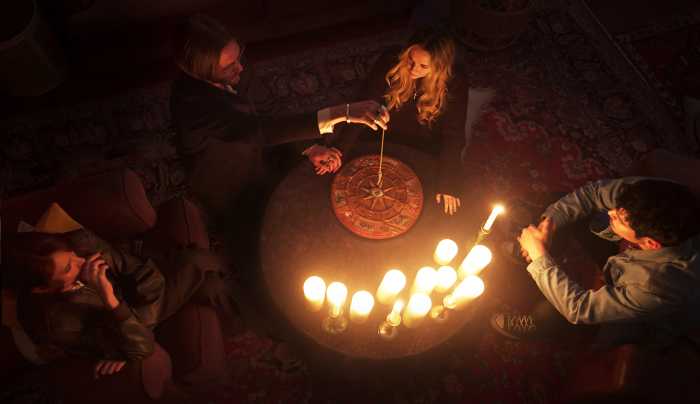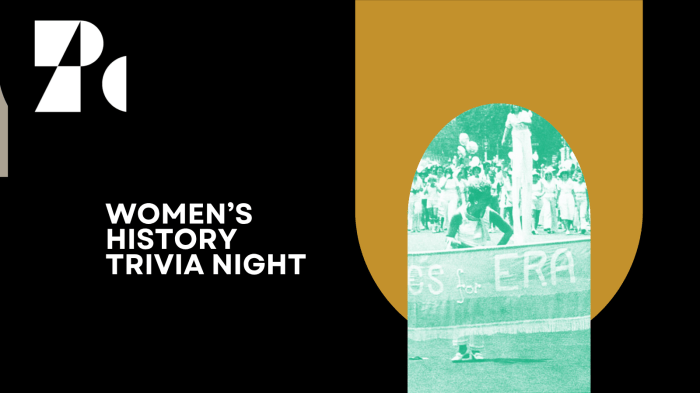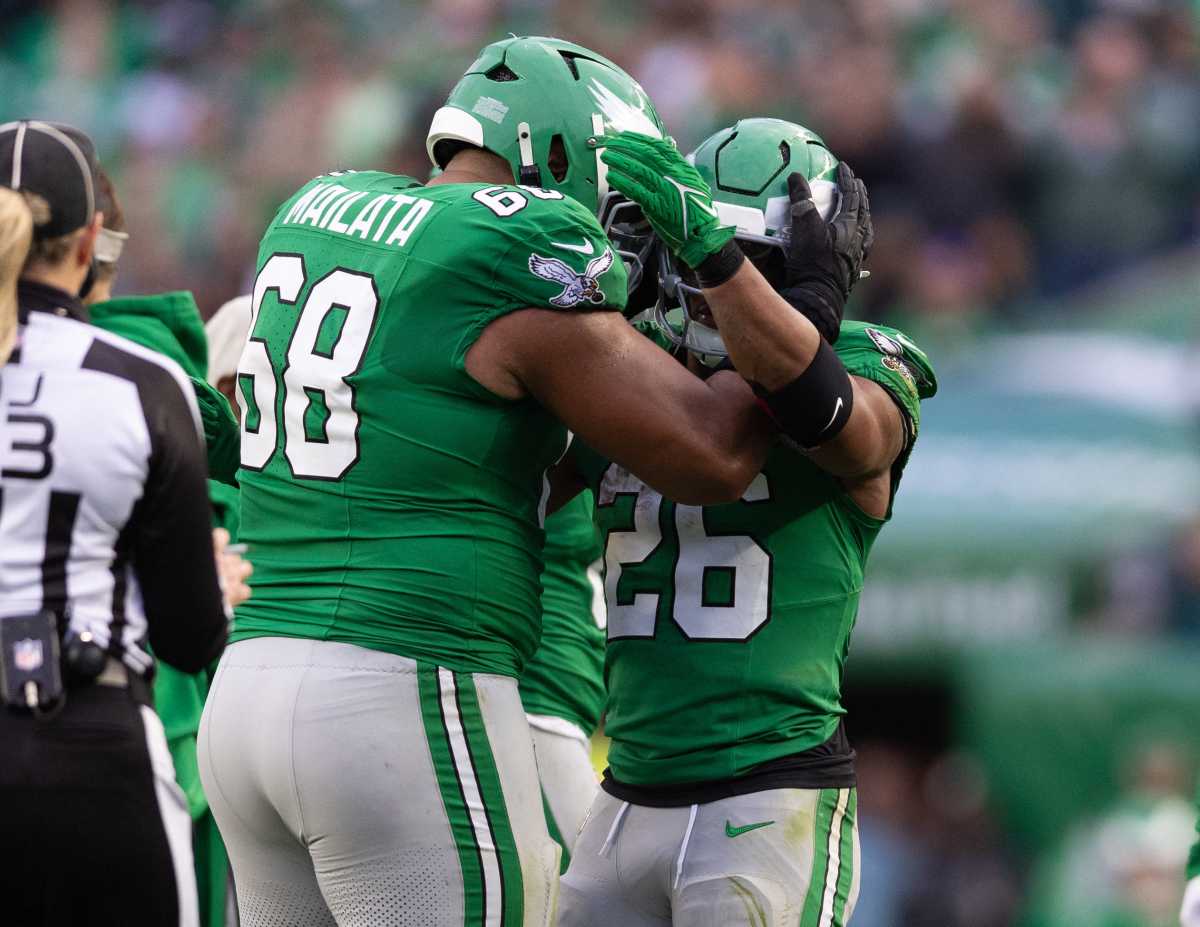When writer/director Brian Helgeland set out to write his latest film ‘Finestkind‘, it was the 90s and he was fresh out of film school ready to put pen to paper on what he knew best—commercial fishing in New England. Now, roughly 30 years later, the personally fueled story that Helgeland always envisioned has come to life.
Starring Ben Foster, Toby Wallace. Jenna Ortega and Tommy Lee Jones, ‘Finestkind’ follows the story of two brothers (Foster and Wallace), raised in different worlds, who are reunited as adults over a fateful summer with a carousel of events that lead them into troubled water, both literally and figuratively.
To delve a little deeper into the film and to chat more about the life experiences that fueled it, Helgeland sat down to chat.
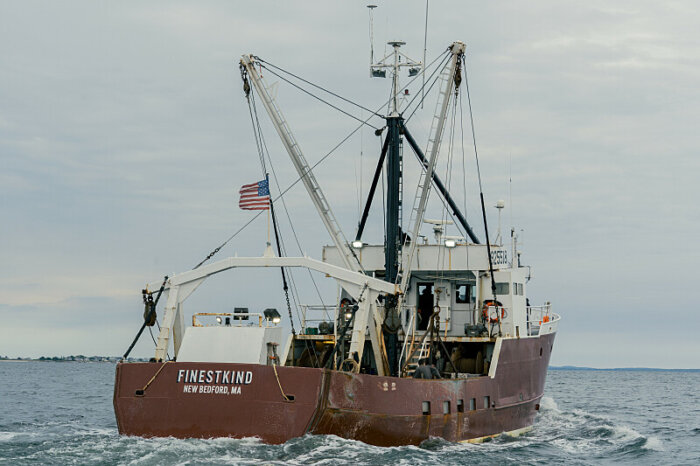
Where did the idea for ‘Finestkind’ come from?
I’m from a commercial fishing family. My grandfather was a commercial fisherman [as were] my father, cousins, you name it. And when I got out of college, not unlike Charlie (Toby Wallace) in the movie, I had an English degree and I couldn’t get a job. The Helgelands had gone to sea for hundreds of years, so I didn’t want to break the streak… so I went fishing. And right after that, I went to film school, so it’s one of the very first scripts I wrote [around] 1992.
But I could never do anything with it, it had different incarnations and for whatever reason, nothing ever happened until two years ago. But yeah, it takes place in my hometown and the high school Jenna (Ortega) talks about that she went to is my high school, things like that.
Are the characters inspired by family members or people that you knew?
Every member of the crew is not even a composite—they’re actual people that I fished with. So it was easy to write in a way, because I knew all those people, and oddly enough, Jenna and Toby sort of each have half of my story growing up. I’m from that town and Jenna’s character Mabel is from that town, and she knows there’s a bigger world out there but she doesn’t have any real role models. She doesn’t know how to access it, and that was how I was when I was a kid. And then Toby also being new on the boat and coming from being a college graduate, when I started fishing, I didn’t want to admit to anyone I had been to college because I thought they’d give me such a hard time about it.
Since you wrote the script in the 90s, has it stayed fairly the same or has it changed over the years?
It’s very much stayed the same, and the joke is that the 60-year-old version of me directed the 28-year-old version of the script. So the writer of the movie is 28, but the director is 60, and I think I tried to honor that in a way. I tried not to mess around with the script too much because all that youthfulness in it was written when I was young. And I probably relate more now with Ben Foster and Tommy Lee Jones’s characters than I did when I wrote it, but I left all that the same and didn’t mess with it.
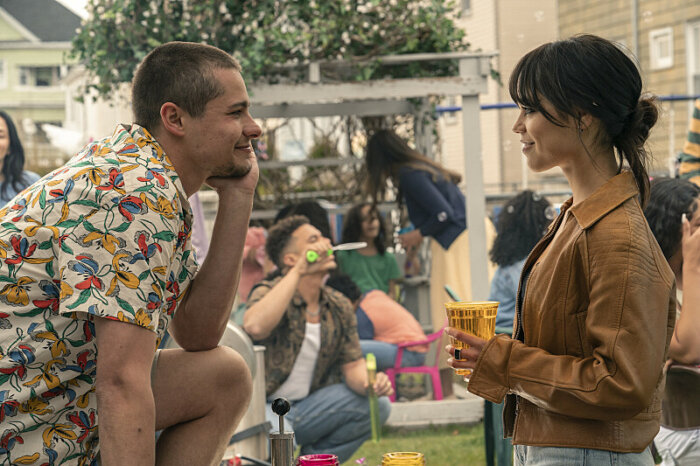
Being that the story takes place for a good amount on the water, what was that like shooting? The ocean is unpredictable, so I have to assume there were some challenges, but also, amazing moments—like the scenes with the whales in the film.
The funny thing about the whales is we knew there were some whales around, and I hadn’t written it in the script, but I said, in case we see ’em, let’s shoot a scene of the guys looking at ’em. So we shot that first and I had them point and look in all different directions. And then a couple of days later, the camera boat said, hey, we got humpback whales over here, and we sent the drone up and shot the whale. So it was lucky, but we sort of planned to have the shot in case we got it.
But we really lucked out with the weather. It can be brutal to shoot on the water, and we didn’t have the luxury of extra time, so we had to get everything we had in the schedule. Poseidon or Neptune or whoever the God of the ocean is cut us some slack and gave us good stable weather. The other thing is all the guys went out on a fishing trip, so they had been out to sea for a week and learned how to handle the gear and all that stuff, so they weren’t learning it the moment we were doing it. That was invaluable. We also had some of the ‘Deadliest Catch’ guys with us, so they were very good camera operators.
Do any other moments stand out to you from filming?
The last thing we shot was on the bridge and there’s a scene with Tommy Lee Jones. When I was a little kid, I used to ride my bicycle over that bridge, and when I was fishing myself, I used to go out through that bridge on the boat. I never could have imagined as a little kid or as a young 24-year-old that I would one day have complete run of that bridge to make a movie off of it. And it didn’t hit me going in, but it hit me sort of halfway through the day when I had some perspective on it. It was a memory, a movie location, and a metaphor all at the same time.
Is there anything that you hope audiences take away from ‘Finestkind’?
In some ways it’s, it’s a family drama disguised a little bit as a crime thriller. Really, the crime element of it gives us a chance to put everyone in a crucible and force the drama to a conclusion at the end. I’d say movies can take you somewhere that you can’t go in your everyday life—that could be outer space or it could be to the year 1370, but in this case, it’s on the deck of a commercial fishing boat. And to get a glimpse of that life, I think is something that the movie gives you. I’m also very proud of the acting in the film and the ensemble nature of it, there are no effect shots. All the water is real. Overall, I think it’s a great chance for the audience to sit and watch really talented actors do their thing.
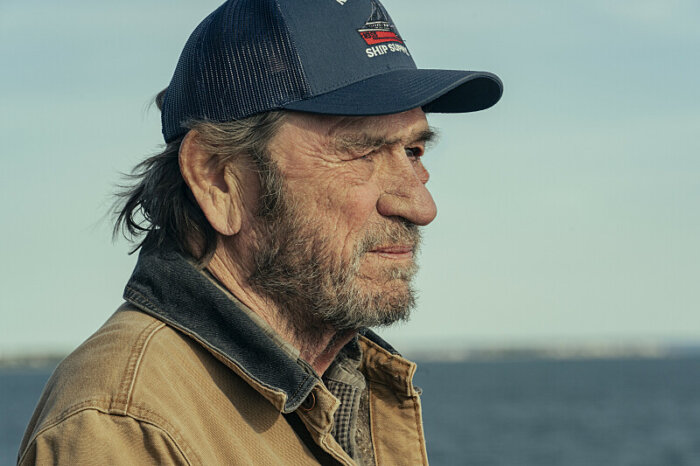
‘Finestkind’ debuts on Paramount+ Dec. 15.



